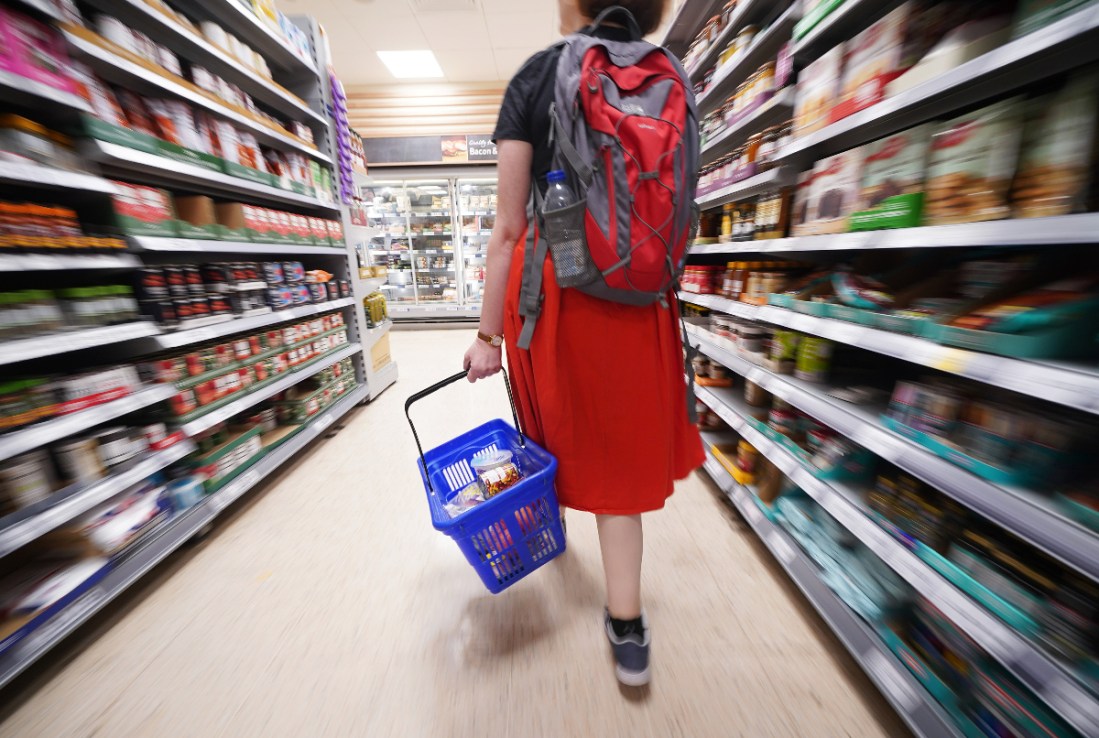Food inflation to hit 4.2 per cent in 2025 as cost pressures loom, BRC warns
According to projections from the BRC, food prices will rise by an average of 4.2 per cent in the second half of 2025.


Shop prices will likely start rising again this year as firms attempt to deal with the extra costs coming down the track as a result of the government’s Budget.
According to projections from the British Retail Consortium (BRC) and industry executives, food prices will rise by an average of 4.2 per cent in the second half of 2025.
Non-food prices will also start to rise again, the business group said, having been in deflation since April.
“As retailers battle the £7bn of increased costs in 2025 from the Budget, including higher employer NI, National Living Wage, and new packaging levies, there is little hope of prices going anywhere but up,” Helen Dickinson, chief executive of the BRC said.
The BRC’s warning comes shortly after research from Grant Thornton suggested that a majority of firms (54 per cent) were considering hiking prices in response to the Budget.
Separate analysis from Kantar, published earlier this week, showed that inflation in UK supermarkets jumped to 3.7 per cent in December, its highest level since March.
Economists are concerned that the government’s tax hike could reinforce inflationary pressures as businesses seek to preserve their margins by passing the costs onto consumers.
This would then force the Bank of England to cut interest rates at a slower pace, acting as a brake on the wider economy.
Still, the BRC’s data showed that shop prices fell further into deflation in December. Prices fell 1.0 per cent in the year-to-December, a larger fall than the 0.6 per cent decline recorded in November.
Food inflation remained unchanged at 1.8 per cent, while non-food prices fell 2.4 per cent annually.
However, the fall in non-food prices was largely due to a statistical quirk and Dickinson said it did not reflect the underlying trend.
The most recent set of figures included the final days of Black Friday discounting, which had already ended when the survey was conducted in December 2023.
“Shop price deflation is likely to become a thing of the past,” Dickinson said.


